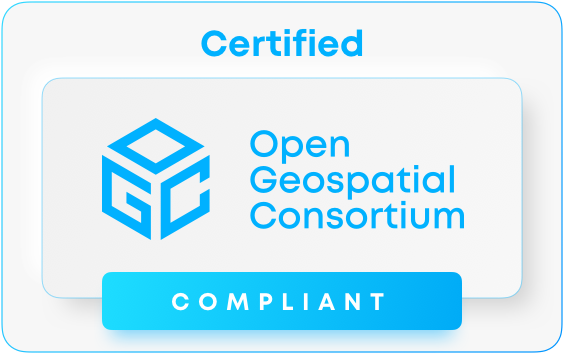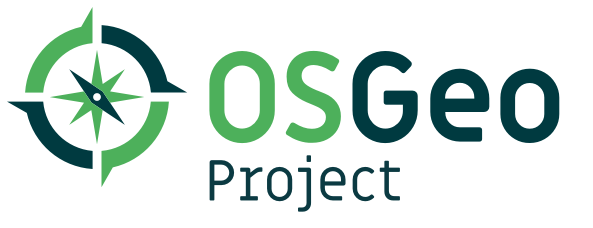-
-
Notifications
You must be signed in to change notification settings - Fork 273
pygeoapi abstract for foss4g Europe 2018
PyGeoAPI - Python API Towards a WFS3.0 (and SpatialTemporal Asset Catalog)
OGC (Open Geospatial Consortium) has been the incubator platform for multiple web services standards like Web Map Service (WMS), Web Feature Service (WFS), Sensor Observation Service (SOS) and standards like Geographic Markup Language (GML), those standards have taken considerable time for development, revision and approval, raising criticism by the geospatial community.
Currently WFS3.0[1] is being being developed using a more agile approach based on REST services [2] and openAPI 3.0 specification [3]. The standards is first structured as API/ REST endpoints using openAPI notifications, later developers can used the openAPI structure to create servers and or clients for WFS3.0. PyGeoAPI [4] is one of the current pre-WFS3.0 implementations, where all the REST is programmed using the Flask web framework and fully integrated swagger/openAPI structure. Its structure allows for deployment of dataset from multiple sources into a WFS3.0
PyGeoAPI follows a clear separation structure with a view, provider/plugin and entrance module. The view approach allows easy integration with other frameworks like Django. The provider module assures connectivity between PyGeoAPI and data sources like CSV, Sqlite and ElasticSearch, its modularity and simplicity is key for new developments
SpatialTemporal Asset Catalog (STAC)[5] is being develop parallel to WFS3.0 it intends standardize the how geospatial assets are exposed online and queried, this catalog is mainly oriented for satellite imagery where we can have a simple file base json or a REST based catalogue that can respond to queries
- [1] https://github.com/opengeospatial/WFS_FES
- [2] https://en.wikipedia.org/wiki/Representational_state_transfer
- [3] https://www.openapis.org/
- [4] https://github.com/geopython/pygeoapi
- [5] https://github.com/radiantearth/stac-spec
- Jorge Samuel Mendes de Jesus (Geocat B.V. [email protected])
- Tom Kralidis ()
- Matthew Perry (MapBox)
- Angelos Tzotsos (Open Source Geospatial Foundation [email protected])
- Norman Barker



